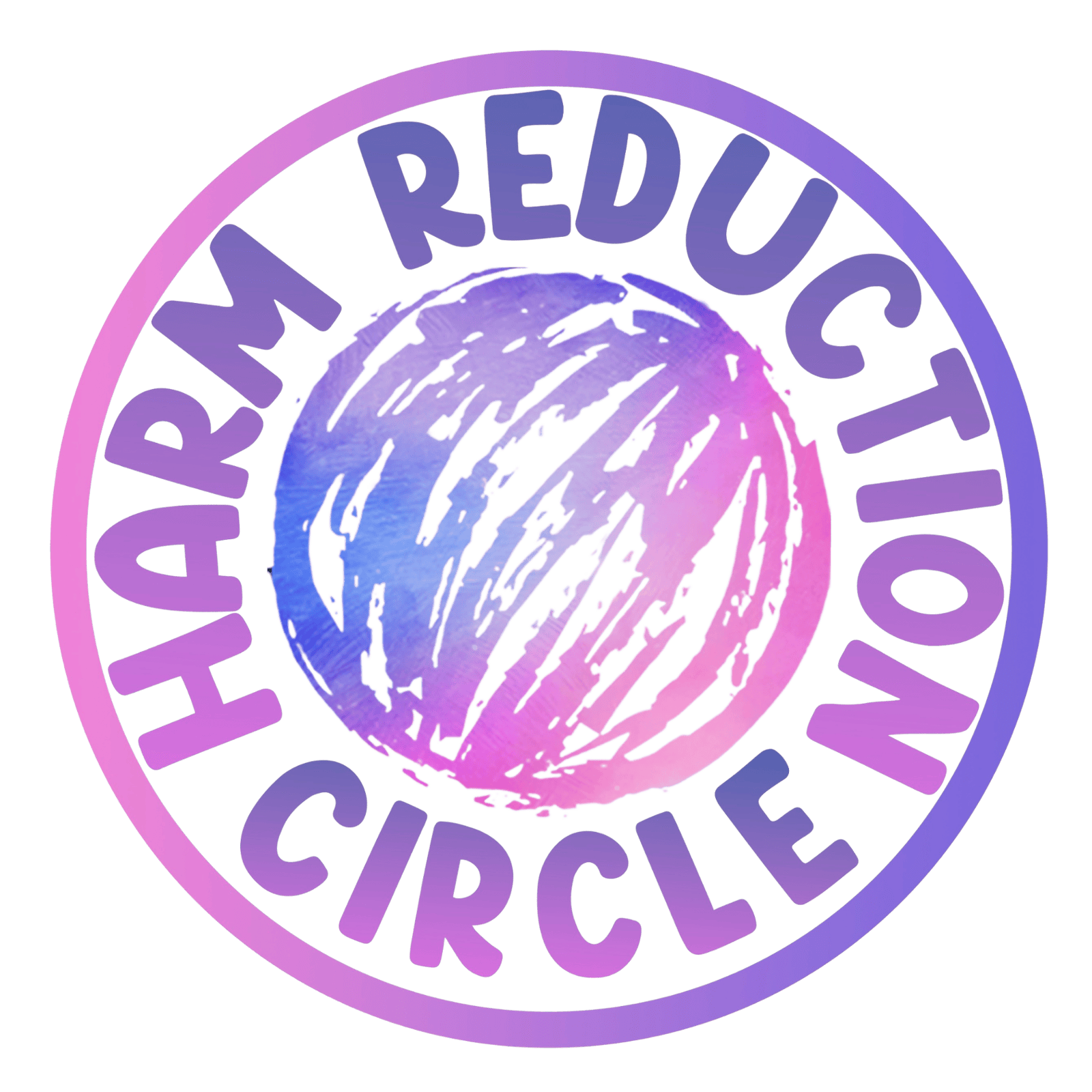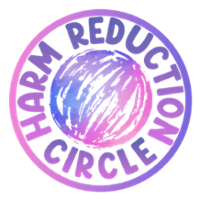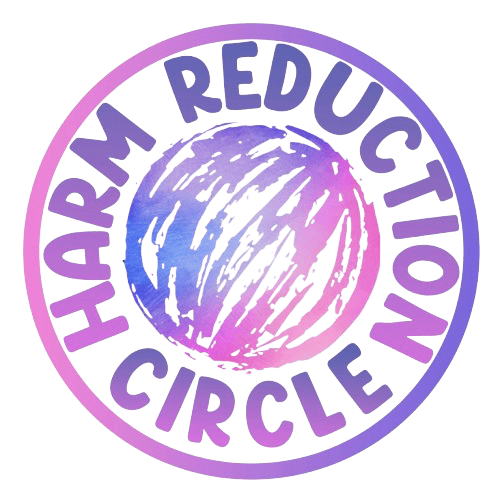Trainings & Workshops for Parents, Youth, & Young Adults
For schools, parent groups, and youth-led organizations focused on prevention, open dialogue, and safety.
Building open, honest conversations about substance use starts at home, in classrooms, and within youth-centered spaces. These trainings are designed for parents, caregivers, educators, youth organizations, and young adults who want to approach harm reduction through compassion, education, and empowerment — not fear or shame.
Each session provides practical tools to talk about drugs, make informed choices, and create safer environments — whether that’s a home, a high-school health class, or a college event. Our workshops blend real-world harm reduction strategies with age-appropriate guidance, encouraging curiosity, communication, and critical thinking over punishment or secrecy.
We recognize that every family, school, and youth group is different. That’s why these trainings are interactive and customizable — featuring activities, discussion prompts, and real scenarios drawn from both nightlife and community contexts. Together, we help bridge generational gaps, empower young leaders, and foster shared responsibility for safety and care.


